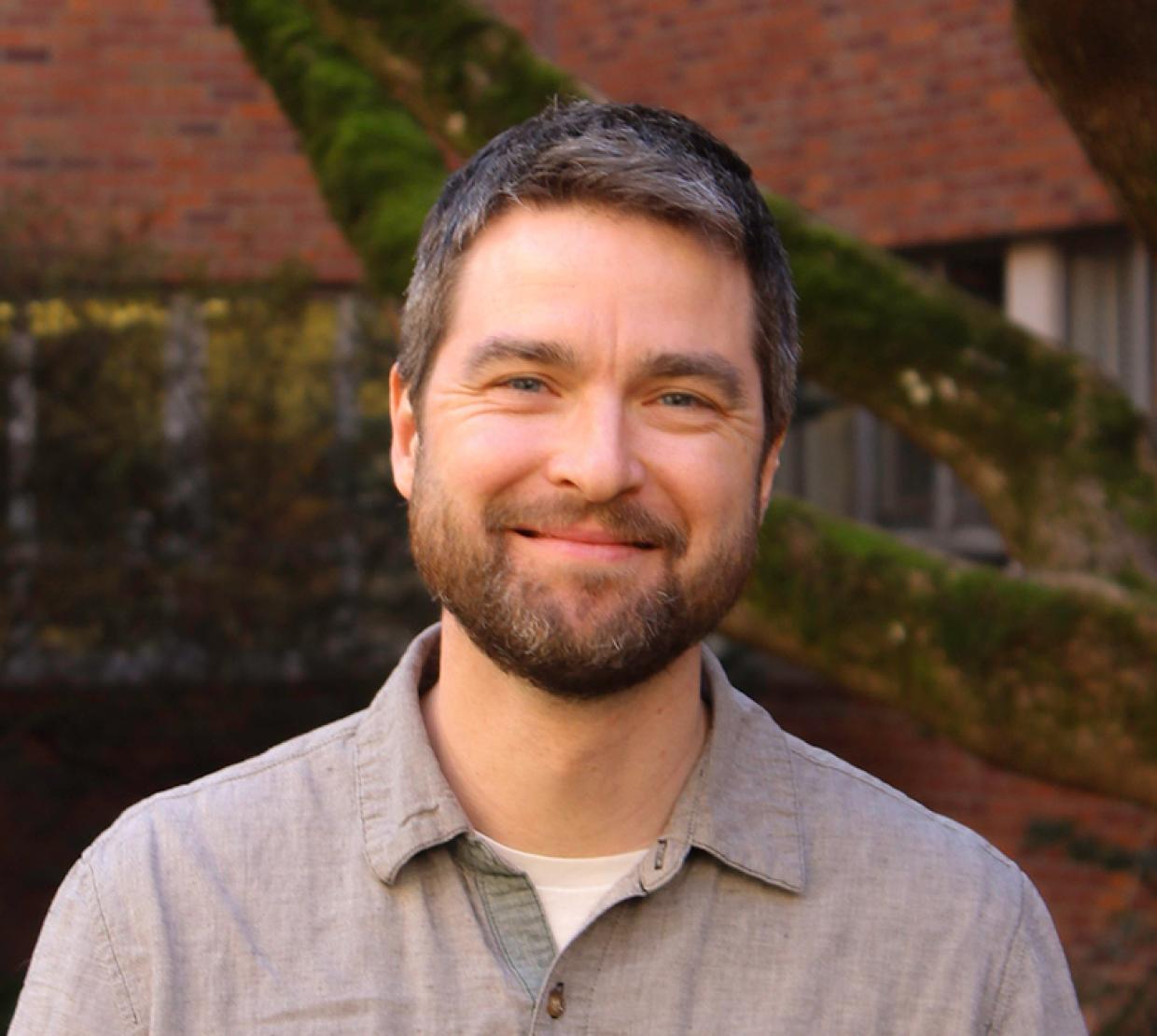A team of Oregon State University researchers, including population biologist Ben Dalziel and statistician Katherine McLaughlin, have received a $1 million grant from the National Science Foundation to identify, model, predict, track and mitigate the effects of future pandemics.
This grant is part of a new $26M NSF program called Predictive Intelligence for Pandemic Prevention, or PIPP, which aims to support high-risk, high-payoff convergent research to help the world be better prepared for the next pandemic. Phase one PIPP grants are 18-month awards aimed at defining research priorities, developing interdisciplinary teams and pursuing initial research.
“The evidence is overwhelmingly clear that the next pandemic is going to happen in our lifetimes and I think everyone would agree that we would like the next one to go differently, in fact, we would like it to go really differently,” said Benjamin Dalziel, associate professor in the Departments of Integrative Biology and Mathematics and primary investigator. “It’s important to right now, start working as fast as we can on what ‘really differently’ means so that we don’t end up in a Groundhog Day scenario. To avoid that, we need projects like this.”
The goal of the project, entitled “Coupling Predictive Intelligence with Adaptive Response to Create Pandemic-Resilient Cities,” is to establish a multidisciplinary center, combining mathematical and computation modeling with engineering, public health and public engagement. The center will explore the design and prototyping of city-scale feedback loops that could proactively reduce the rates of transmission of pathogens with pandemic potential.
“I see a real opportunity for OSU to lead in this space because of our track record during the pandemic and because of the extraordinary capacities this university has in its community, mission and strengths."
Feedback loops allow emergent, adaptive and rapid responses to changing conditions. Dalziel said the goal is to use the unique characteristics of cities to create something similar to an “immune system.” This would allow for sensing pathogen transmission in real-time and allow the population to collectively respond, both by reducing transmission and increasing the tempo and resolution of monitoring.
“That last part about the speed and equity is critical – existing public health systems are too slow and too biased to stop the spread of pandemic threats,” he said. “During pandemics, many people who are infectious do not have quick enough access to testing and care, particularly people who belong to marginalized populations.”
During the COVID-19 pandemic Dalziel led TRACE, a public health project that gathered timely information about the presence of the novel coronavirus in communities around Oregon and at Oregon State. The TRACE team won the 2020 Beaver Champion Award for their outstanding effort and performance of the highest quality. McLaughlin was appointed TRACE co-principal investigator and is a co-pi on the Pandemic Prevention grant.
“I see a real opportunity for OSU to lead in this space because of our track record during the pandemic and because of the extraordinary capacities this university has in its community, mission and strengths,” Dalziel said.




